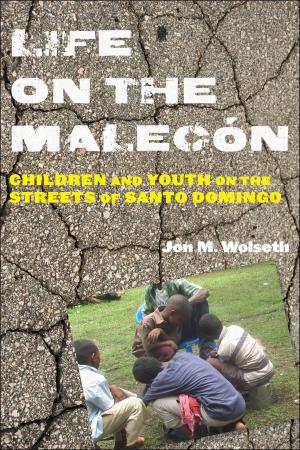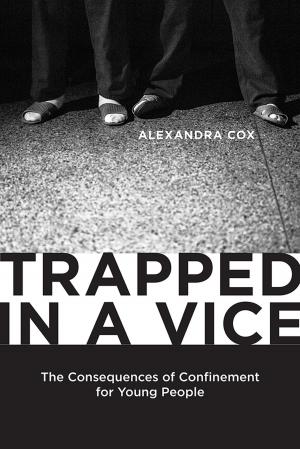Understanding the Age of Transitional Justice
Crimes, Courts, Commissions, and Chronicling
Nonfiction, Reference & Language, Law, International, Social & Cultural Studies, Social Science, Crimes & Criminals, Criminology, Political Science| Author: | Nanci Adler, Vladimir Petrovic, William A. Schabas, Jeremy Sarkin, Stephan Parmentier, Mina Rauschenbach, Maarten van Craen, Richard Ashby Wilson, Thijs B Bouwknegt, Nicole L Immler, Christian Axboe Nielsen, Timothy Williams, Kjell Anderson | ISBN: | 9780813597782 |
| Publisher: | Rutgers University Press | Publication: | June 22, 2018 |
| Imprint: | Rutgers University Press | Language: | English |
| Author: | Nanci Adler, Vladimir Petrovic, William A. Schabas, Jeremy Sarkin, Stephan Parmentier, Mina Rauschenbach, Maarten van Craen, Richard Ashby Wilson, Thijs B Bouwknegt, Nicole L Immler, Christian Axboe Nielsen, Timothy Williams, Kjell Anderson |
| ISBN: | 9780813597782 |
| Publisher: | Rutgers University Press |
| Publication: | June 22, 2018 |
| Imprint: | Rutgers University Press |
| Language: | English |
Since the 1980s, an array of legal and non-legal practices—labeled Transitional Justice—has been developed to support post-repressive, post-authoritarian, and post-conflict societies in dealing with their traumatic past. In Understanding the Age of Transitional Justice, the contributors analyze the processes, products, and efficacy of a number of transitional justice mechanisms and look at how genocide, mass political violence, and historical injustices are being institutionally addressed. They invite readers to speculate on what (else) the transcripts produced by these institutions tell us about the past and the present, calling attention to the influence of implicit history conveyed in the narratives that have gained an audience through international criminal tribunals, trials, and truth commissions. Nanci Adler has gathered leading specialists to scrutinize the responses to and effects of violent pasts that provide new perspectives for understanding and applying transitional justice mechanisms in an effort to stop the recycling of old repressions into new ones.
Since the 1980s, an array of legal and non-legal practices—labeled Transitional Justice—has been developed to support post-repressive, post-authoritarian, and post-conflict societies in dealing with their traumatic past. In Understanding the Age of Transitional Justice, the contributors analyze the processes, products, and efficacy of a number of transitional justice mechanisms and look at how genocide, mass political violence, and historical injustices are being institutionally addressed. They invite readers to speculate on what (else) the transcripts produced by these institutions tell us about the past and the present, calling attention to the influence of implicit history conveyed in the narratives that have gained an audience through international criminal tribunals, trials, and truth commissions. Nanci Adler has gathered leading specialists to scrutinize the responses to and effects of violent pasts that provide new perspectives for understanding and applying transitional justice mechanisms in an effort to stop the recycling of old repressions into new ones.















